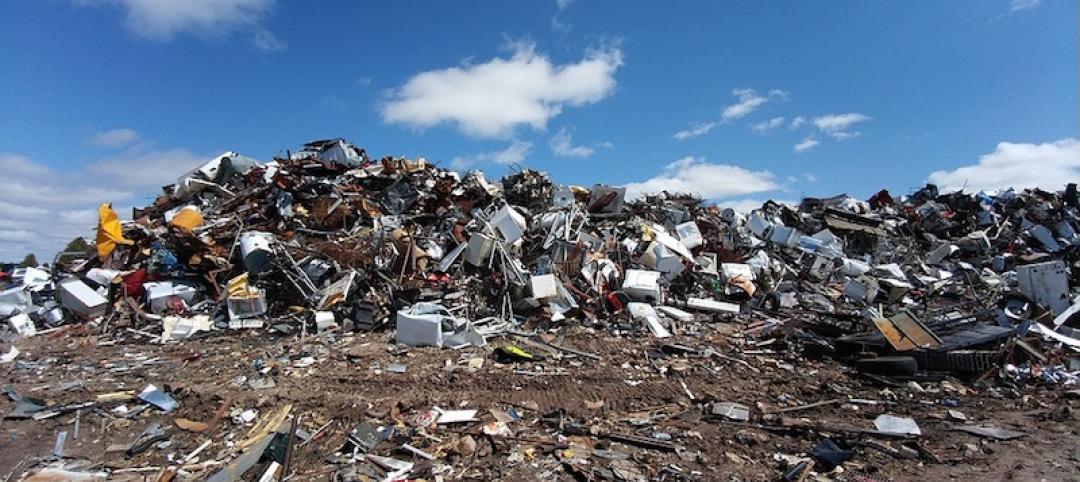Starting in June, California’s latest version of its Title 24 building code kicks in, requiring several systems come with demand response capability. Every new or retrofit thermostat, HVAC system, networked lighting controller, and building automation system in the state will have to be ready for two-way, automated utility-to-customer energy management. Non-residential building lighting systems will be required to have daylight-matching adjustment, dimming and demand response capabilities.
These devices and systems will be required to be “capable of receiving and automatically responding to at least one standards-based messaging protocol” to receive signals from utilities. There are a few standards that meet the requirement— OpenADR, SEP 2.0, and HomePlug.
OpenADR was developed by the California Energy Commission and Berkeley Labs. It offers tools to allow buildings and utilities to communicate about energy availability, price, and how buildings can execute and confirm actions to reduce power use.
These standards were enacted after the California Energy Commission identified flaws in the state’s approach to demand response in a 2013 report, including a failure to reach modest goals set in 2007 to reduce peak demand by 5%. The solution may come from a market-based program to encourage users to reduce demand during peak energy use periods. The new demand-response standards pave the way for this option.
Related Stories
Codes and Standards | Jan 17, 2018
Green Building Initiative acquires global rights to Green Globes from JLL
Transaction allows GBI to expand operations to Canada and elsewhere.
Codes and Standards | Jan 16, 2018
Engage code officials early for better building performance, predictable enforcement expectations
White paper says code officials should be collaborators and facilitators.
Codes and Standards | Jan 12, 2018
Arlington County, Va., earns first LEED for Communities Platinum Certification
Honor recognizes efforts to reduce greenhouse gas emissions, manage stormwater.
Codes and Standards | Jan 11, 2018
TRUE Zero Waste provides roadmap to divert waste away from landfills
USGBC program signs on more than 130 companies or facilities for certification.
Codes and Standards | Jan 10, 2018
Sliding-scale proposal for civil damages resulting from construction fatalities, injuries draws ire of trades
New York City Council proposal puts limits on penalties for safety violations leading to death, serious injury.
Codes and Standards | Jan 9, 2018
Federal appeals court orders EPA to revise lead standard within a year
Current exposure levels for lead in paint and dust have been in place for 17 years.
Codes and Standards | Jan 5, 2018
Building code officials should vet building product evaluation methods
Evaluation service providers should be properly accredited.
Codes and Standards | Jan 4, 2018
U.S. military needs to do more to address climate change risk for facility design
GAO report cites hundreds of overseas facilities in peril.
Codes and Standards | Jan 3, 2018
China Construction America faces billions of dollars in liability in lawsuit
Court filing alleges massive fraud and breaches of contract in Baha Mar Resort Project.
Codes and Standards | Jan 2, 2018
Smart building tech can reap utility savings of 8% to 18% in commercial buildings
Potential for increased deployment of smart building technology is great beyond early adopters.
















